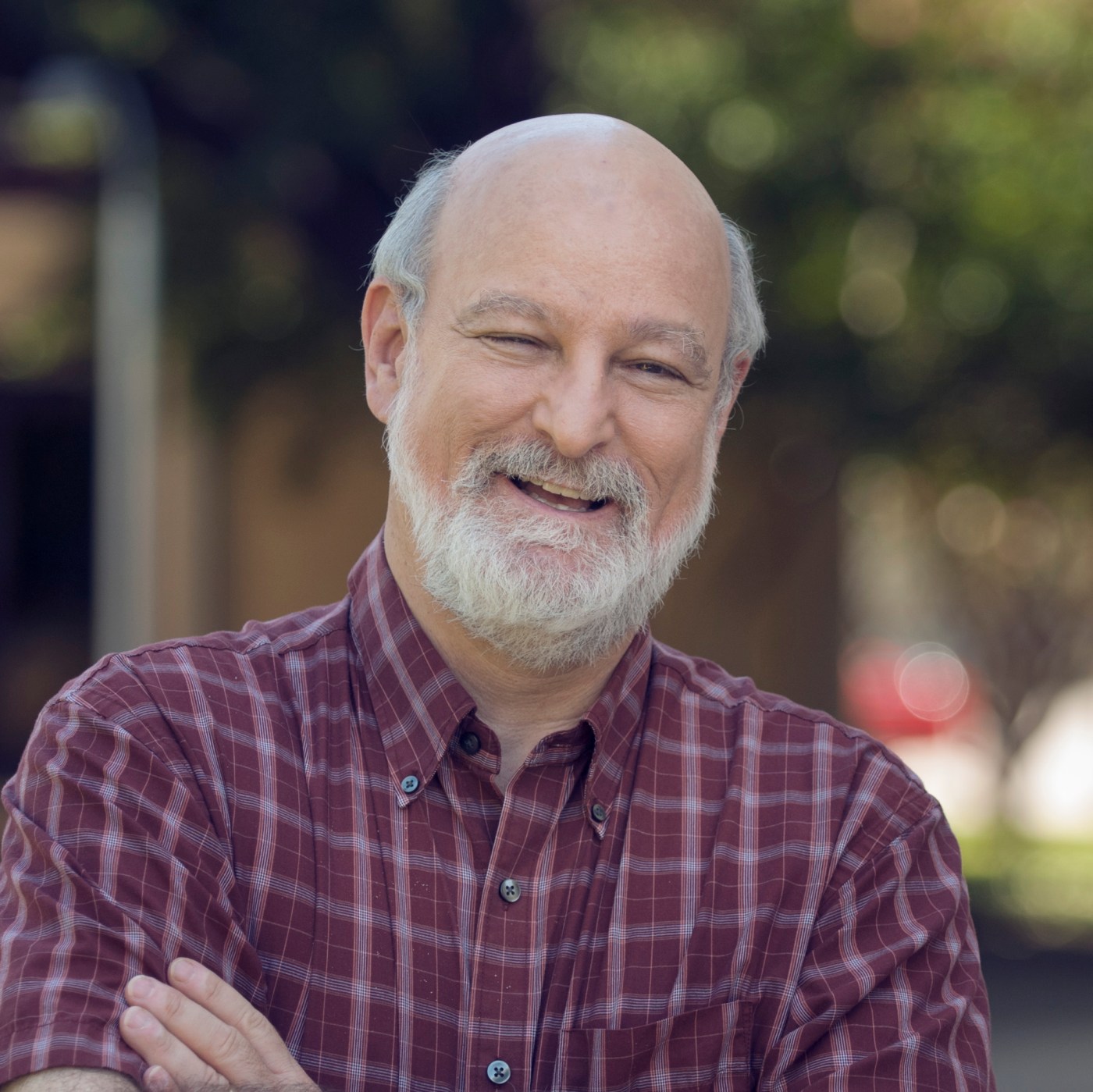Below you will find an interview I conducted with well-known Bible scholar Darrell Bock (Senior Research Professor of NT Studies, Dallas Theological Seminary) regarding the relationship between God’s sovereignty and prayer. The questions are in bold followed by Dr. Bock’s responses.
What does it mean that God is “all sovereign?” In your experience, does the Bible’s view of God’s sovereignty line up with what Christians mean when they use such terminology?
Darrell: It means God gives oversight to all that takes place in the creation. What takes place is a part of his inscrutable plan. As to the lining up, there are many views Christians have, so it depends, but I suspect many underestimate how this actually works.
Is God bound by our prayers? Is he limited by them? Do we “move the hand of God” when we pray?
Darrell: He is not bound by our prayers nor is he limited by them. We respond to him. Do our prayers “move” God? This depends on how one thinks about the question. He interacts with us, but has known what that would involve from the beginning. We lack the ability to understand how that works, but it does. He urges us to pray and says it matters. So we are to pray.
If God knows all things then why should we pray? Isn’t the future already pre-scripted by God? Doesn’t the fact that God is sovereign undermine the urgency of prayer?
Darrell: No, this doesn’t undermine God’s sovereignty. There is an interactivity that we participate in as we are not able to know God’s mind nor figure it out. We relate to God as he asks of us. He knows how that works. We are not able and should not try to figure that out. God exists in another dimension than we do.
Can we change God’s mind through prayer? Isn’t this what the Ninevites did as well as Moses (Numbers 14)? If God can change his mind or ever be surprised, does that downplay his omnipotence?
Darrell: This is the language of expressing this interaction in terms we can understand. From our angle it looks like a change of mind. In God’s mind it expresses the participatory element taken into account and then revealed for its impact.
If God knows the evil of the future, then why doesn’t he stop it? How are we to respond from a biblical perspective to those who are hurting and pose this very question to us? Why wasn’t their prayer answered?
Darrell: Evil exists as a part of this interactive and accountable world God created when he made us responsible beings in his image. It helps us sense our limitations, mortality, and the fallen nature of the creation. God does answer our prayers, but sometimes he does not in the way we have asked. We are creatures in this creation. We respond and are to trust him as creator.
Thank you for your time!
Darrell Bock (PhD, University of Aberdeen) has earned recognition as a Humboldt Scholar (Tübingen University in Germany), is the author of over 40 books, including respected commentaries on Luke and Acts and studies of the historical Jesus. He has done work in cultural engagement as host of Dallas Theological Seminary’s The Table Podcast. Having served as president of the Evangelical Theological Society for 2000–2001, he is a consulting editor for Christianity Today, and serves on the boards of Wheaton College and Chosen People Ministries. His articles appearing in leading publications, he has been a New York Times best-selling author in nonfiction.


June 16, 2017 at 1:49 am
Amazing responses to excellent questions I have always wondered! God’s mind is truly incomprehensible!
LikeLiked by 2 people
June 16, 2017 at 2:56 am
Agreed! What do you think of Craig Blomberg’s interview?
LikeLiked by 1 person
June 16, 2017 at 2:57 am
I asked him the same questions though a few may be worded differently.
LikeLiked by 1 person